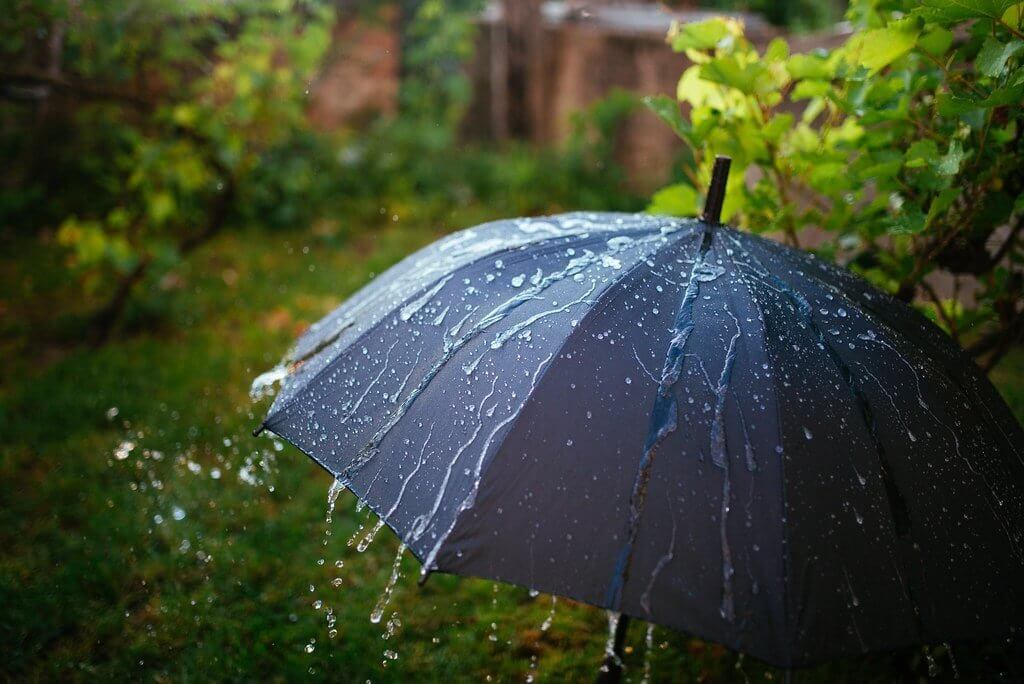The Science of Rain and Plants: Unveiling the Natural Advantages of Rainwater for Your Garden
Introduction
In gardening, the wonders of rainwater hold a special place. This natural elixir from the skies brings a myriad of benefits to your plants and garden, far surpassing what regular tap water can offer. Understanding the science behind rainwater’s superiority can transform your approach to gardening, leading to a lush, thriving garden and an eco friendly lifestyle.
The Natural Softness of Rainwater
What Makes Rainwater ‘Soft’ and Beneficial?
Rainwater is inherently soft, devoid of the minerals like calcium and magnesium commonly found in tap water. This natural softness is a boon for your garden’s soil, preventing the build-up of mineral salts that can hinder plant growth. When your plants and garden are watered with rainwater, the soil remains well-structured and aerated, offering an ideal environment for roots to absorb nutrients and water efficiently.
Rich Nutrient Profile of Rainwater
The Nutrient Advantage – A Closer Look
Rainwater doesn’t just quench your garden’s thirst; it nourishes it. As rainwater passes through the atmosphere, it absorbs nitrogen in a form readily available to plants, boosting their growth. Unlike tap water, which is often treated and may contain chlorine and fluoride, rainwater offers your garden a pure, chemical-free source of hydration. This natural nutrient profile is a key factor in promoting vigorous and healthy growth in your garden plants.
pH Balance and Plant Health
The pH Factor: Balancing for Optimal Growth
The pH level of rainwater generally leans towards being slightly acidic, which is beneficial for most garden plants. This acidity helps in releasing minerals from the soil, making them more accessible to plants. In contrast, tap water, especially in urban areas, can be more alkaline, affecting the soil’s pH balance and potentially hindering plants’ ability to absorb nutrients. Utilizing rainwater can thus ensure your garden maintains a pH balance conducive to healthy plant growth.
Oxygenation and Rainwater
Breathe Easy – Oxygenation by Rain
Oxygenation is another critical aspect where rainwater trumps tap water. When rain falls, it absorbs oxygen from the environment, transferring it to the soil and roots of your garden plants. This process enhances root health and stimulates growth, ensuring your plants and garden are not just surviving but thriving.
The Role of Rainwater in Natural Ecosystems
Rainwater – The Lifeline of Natural Ecosystems
In natural ecosystems, rainwater is the lifeline. It maintains the delicate balance required for various plant species and the garden ecosystem to flourish. By emulating this natural process in your garden, you can create a more self-sustaining environment that supports a diverse range of plants and contributes to the overall health of the local ecosystem.
Conclusion: Embracing Nature’s Gift
Embracing rainwater in your gardening practices is not just about nurturing your plants; it’s about adopting a more sustainable and eco-friendly approach. Collecting and utilizing rainwater can significantly reduce your reliance on treated tap water, benefiting both your garden and the environment. As you tend to your plants and garden, remember that every drop of rainwater is a natural gift, teeming with life-promoting qualities that can transform your green space.
Why is Rain Good For Plants and Gardening Q&A
Popular questions on the topic of Why is Rain Good For Plants and Gardening?
What are the benefits of rain in plants?
Rain provides numerous benefits to plants. It is a natural and essential source of water, crucial for plant growth and health. Rainwater helps in the absorption of minerals and nutrients from the soil, which are then transported to various parts of the plant. It also cleanses the foliage, removing dust and pollutants, and thereby increasing photosynthesis efficiency. Rainfall often brings a balanced pH and is free of the salts and chemicals found in tap water, making it more beneficial for plant health.
What are the benefits of rainfall?
Rainfall contributes significantly to the ecosystem. It replenishes groundwater and surface water sources, ensuring a sustainable water supply for various forms of life. For agriculture, rainfall is vital as it irrigates crops naturally, promoting healthy growth and yields. Rainfall also helps in maintaining natural landscapes, supporting biodiversity by providing essential hydration to various plant and animal species. Furthermore, it plays a key role in the weathering of rocks, contributing to soil formation and nutrient cycling.
What will happen to the plant if there was no rain?
Without rain, plants would face severe water stress, leading to a range of negative impacts. Lack of water hampers their ability to absorb nutrients, which is essential for growth and development. This can lead to wilting, stunted growth, and in severe cases, plant death. The absence of rain also affects the overall ecosystem, disrupting the balance and potentially leading to desertification in extreme scenarios. Plants in such environments must adapt to survive, or they may become extinct if they cannot cope with the dry conditions.
How does rain affect plants?
Rain affects plants in various positive ways. It hydrates them, which is essential for photosynthesis, the process by which plants convert sunlight into energy. Rain helps in the transport of nutrients and minerals from the soil to the plant, promoting healthy growth. It also plays a role in seed dispersal and germination. However, excessive rain can lead to waterlogging, which may harm plant roots and inhibit oxygen uptake, potentially leading to root rot and other diseases. Therefore, while rain is beneficial, it is important for plants to have well-draining soil to prevent negative effects from too much water.

